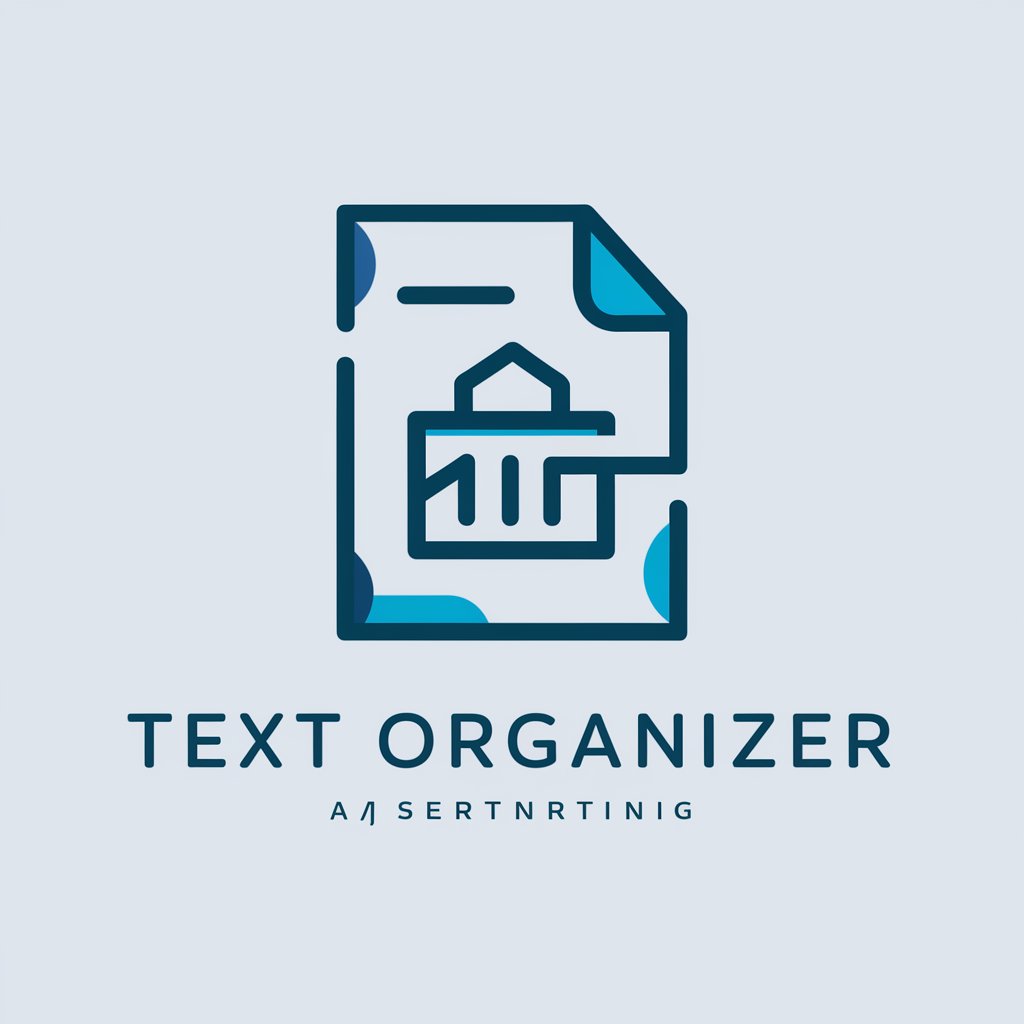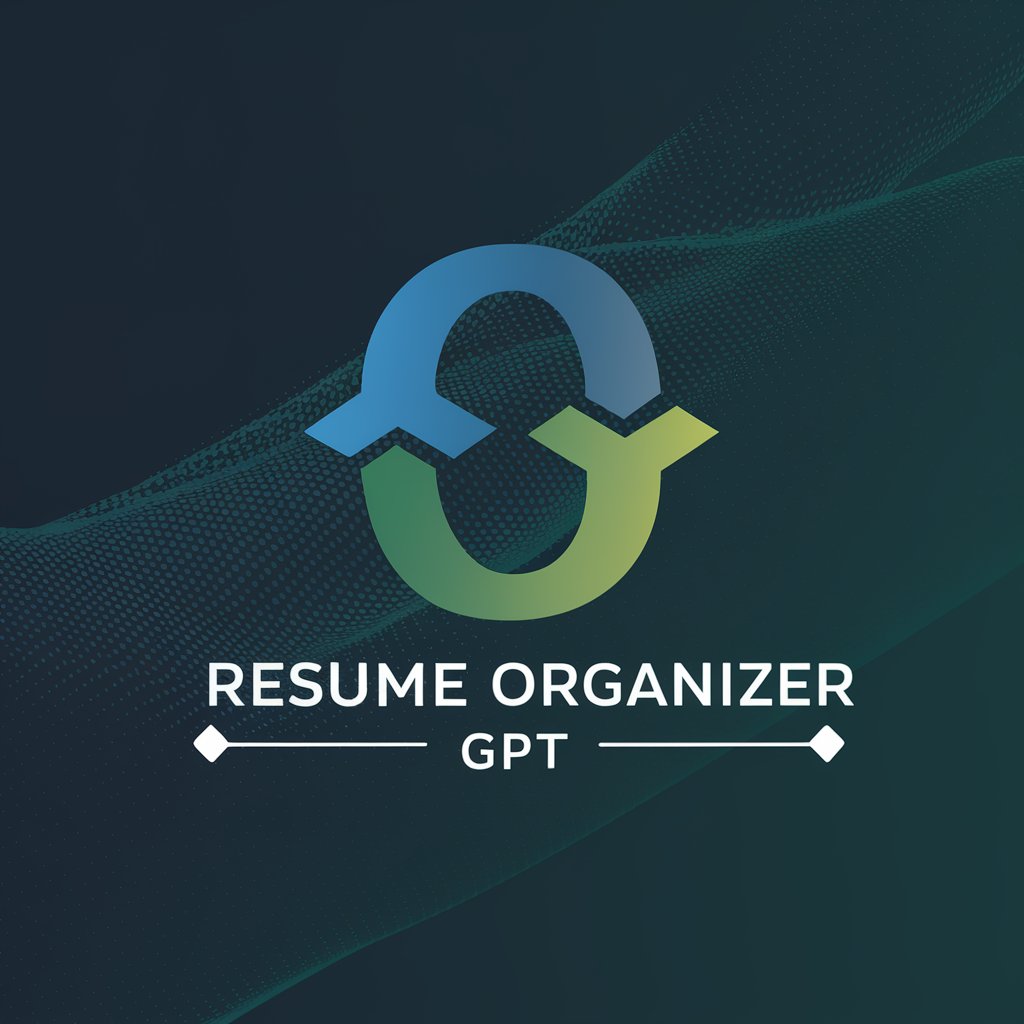Open the Case - Case Law Analysis - Legal Case Analysis Tool

Welcome to 'Open the Case'! Ready for in-depth legal analysis?
AI-powered legal analysis at your fingertips
Provide a detailed IRAC analysis of this case.
Summarize this ruling with in-depth insights.
Discuss the legal principles involved in this case.
What are the facts of this case?
Get Embed Code
Introduction to Open the Case - Case Law Analysis
Open the Case - Case Law Analysis is a specialized tool designed for law students, professionals, and anyone needing in-depth analysis of legal cases. Its core purpose is to dissect and understand the intricacies of legal decisions, focusing on how courts apply the law to the facts presented in each case. Through a comprehensive IRAC method (Issue, Rule, Application, Conclusion), it offers a structured approach to legal analysis, emphasizing the 'Application' part to elucidate the court's reasoning and perspectives on legal principles. For example, when analyzing a landmark Supreme Court decision on privacy rights, Open the Case - Case Law Analysis would detail the legal issue at hand, identify the laws and precedents applied, meticulously analyze the court's application of these laws to the case's facts, and summarize the conclusion reached, thereby offering a deep understanding of the decision's implications for privacy law. Powered by ChatGPT-4o。

Main Functions of Open the Case - Case Law Analysis
Detailed Legal Case Analysis
Example
Analyzing the application of the Fourth Amendment in a recent Supreme Court decision regarding unlawful searches and seizures.
Scenario
Law students researching the evolution of privacy rights can use the tool to understand how contemporary rulings align with or diverge from historical precedents.
Comparative Case Analysis
Example
Comparing the legal reasoning across multiple jurisdictions on similar issues, such as copyright infringement in the digital age.
Scenario
Legal professionals preparing for a cross-jurisdictional copyright case utilize the service to formulate arguments that consider varied interpretations.
Precedent Tracking
Example
Identifying how a seminal case on freedom of speech has been cited in subsequent decisions.
Scenario
Advocates working on freedom of speech cases access this feature to bolster their arguments with relevant precedents, demonstrating the case's impact over time.
Ideal Users of Open the Case - Case Law Analysis Services
Law Students
Students benefit from the service's in-depth analyses to enhance their understanding of legal concepts, prepare for moot court competitions, and excel in academic research.
Legal Professionals
Attorneys, paralegals, and other legal practitioners use the tool to refine their case strategies, stay informed on relevant precedents, and ensure comprehensive legal arguments.
Academics and Researchers
Legal scholars and researchers leverage the detailed case analyses for scholarly papers, comparative legal studies, and to track the evolution of legal doctrines.

Using Open the Case - Case Law Analysis
1
Access the platform for an initial trial without the need to sign in or subscribe by navigating to yeschat.ai, ensuring a hassle-free exploration.
2
Identify your legal question or the aspect of a case you need analysis on. This could range from understanding a complex ruling to dissecting legal arguments in precedent cases.
3
Utilize the provided text box to input your query. Be as specific as possible, including relevant case names, legal principles, or the aspect of law you're interested in.
4
Review the generated analysis, which will include an IRAC method-based breakdown, highlighting the Issue, Rule, Application, and Conclusion relevant to your query.
5
For further exploration or clarification, consider refining your query based on the initial response, leveraging the tool's capability to handle complex and nuanced legal inquiries.
Try other advanced and practical GPTs
7030bot
Empowering Inquiries with AI Precision

Newsletter Ninja
Empower Your Brand with AI-Driven Newsletters

Basic Meta Ads Setup Assistant
Simplify Meta Ads with AI

Text Organizer
Organize and Visualize Text with AI

Resume Organizer
Streamline Resume Processing with AI

Fridge Organizer
Smart Kitchen, Less Waste

Code Architect ⭐
Empowering Your Development with AI

Home Assistant Mastermind
Empowering your smart home journey with AI

Home Assistant jurassien
Smartify your home with AI-powered automation.

Domotique Home Assistant
Powering Smarter Homes with AI

Home Assistant Helper
Streamline your smart home with AI-powered assistance.

Home Assistant Co-Programmer
Empower your smart home with AI

Q&A on Open the Case - Case Law Analysis
What legal frameworks does Open the Case - Case Law Analysis support?
Open the Case - Case Law Analysis supports a comprehensive range of legal frameworks, including but not limited to common law, statutory law, and case law precedents, offering versatile analysis capabilities across various jurisdictions.
Can Open the Case be used for analyzing non-English legal documents?
While the primary focus is on English-language legal documents, users can input queries about non-English documents. However, the effectiveness may vary, and translations might be necessary for optimal results.
Is Open the Case suitable for both professionals and students?
Absolutely. Open the Case is designed to cater to both legal professionals seeking in-depth case analysis and law students aiming to understand legal principles and their applications in real-world scenarios.
How current is the case law database within Open the Case?
The case law database is regularly updated to ensure users have access to the most recent and relevant legal precedents and rulings, providing timely insights into evolving legal landscapes.
What makes Open the Case unique compared to other legal analysis tools?
Open the Case distinguishes itself through its AI-powered analysis that employs the IRAC method, offering not just case summaries but detailed reasoning, application, and conclusion sections, tailored to each user's specific legal inquiry.
